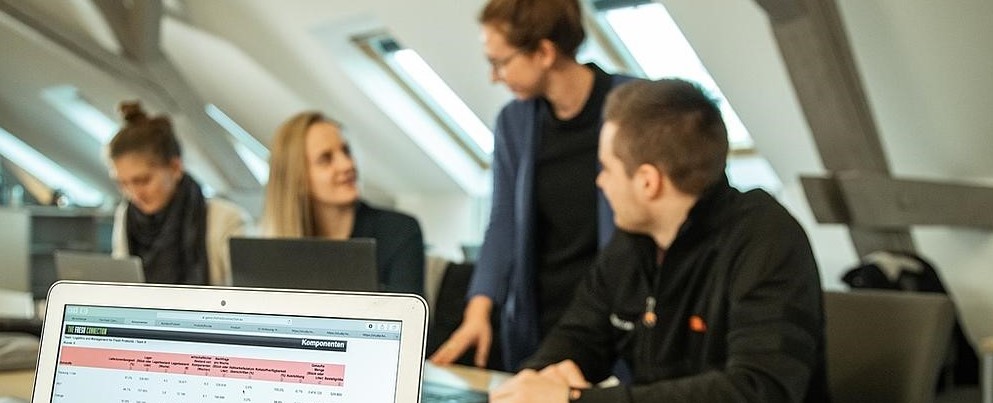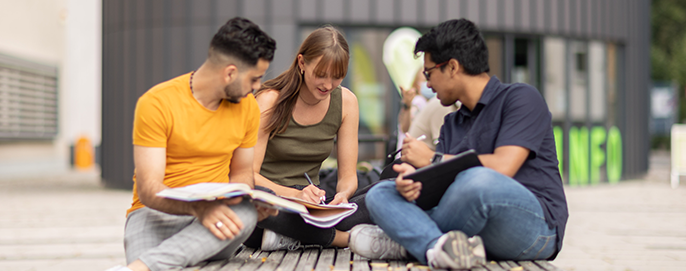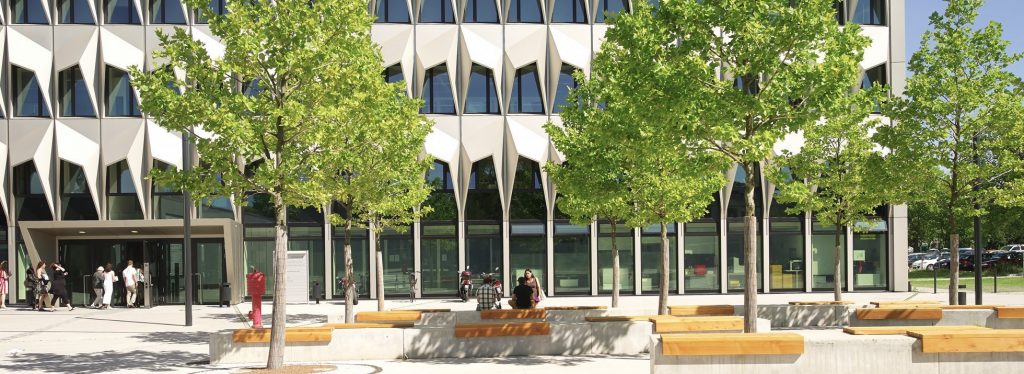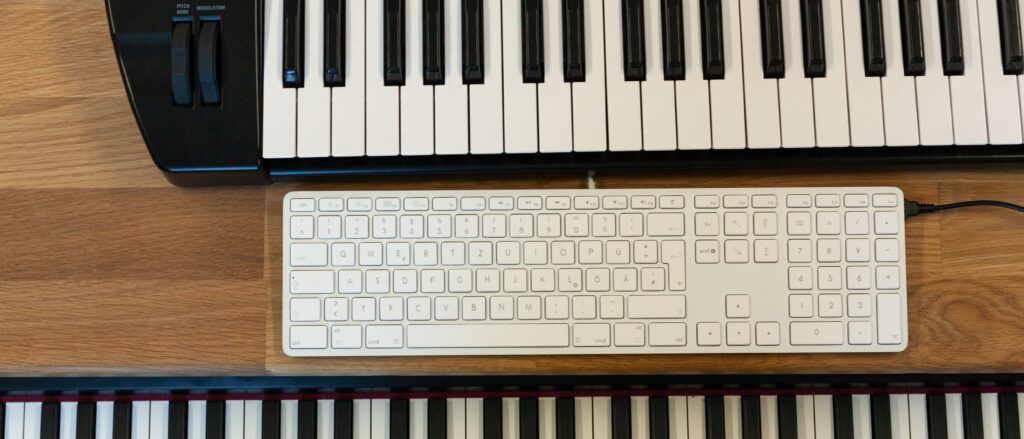At a glance
For: students, teachers
Topics: Flexible study programs, teaching and learning formats, collaborative work, digitalization, university didactics, competency orientation, future skills
Location: Geisenheim University
Learning space of the future
Over the past five years, teaching and learning at universities has changed rapidly. Alongside traditional lectures and seminars, new concepts such as flipped classrooms, blended learning, and asynchronous teaching are being implemented. This development has been accelerated both by the experiences of the pandemic and by the expectations of a student body that is becoming increasingly heterogeneous and predominantly composed of digital natives.
Ideally, teaching and learning materials are now accessible at any time, available worldwide, and can be used flexibly. This has direct consequences for teaching and learning at universities: barrier-free learning spaces for flexible teaching and learning formats are becoming increasingly important. Geisenheim University is therefore planning to convert a lecture and seminar room into a prototypical learning lab for collaborative and competency-oriented teaching and learning: the CoLAB.
A prototype is created
The room concept is designed to be flexible and multifunctional, quickly configurable for different work purposes (room-within-a-room concept). Freely positionable partitions and innovative, flexibly deployable furniture create adaptable learning islands for various work styles.
This novel teaching and learning setting also creates a room prototype that can be planned and implemented in other university buildings.
In the area of digital teaching, the university follows the concept of Constructive Alignment. Accordingly, learning objectives, teaching and learning content, and assessments are consistently aligned. To best prepare HGU students for their future professional lives, the focus of teaching is not only on subject-specific skills but also on interdisciplinary competencies such as teamwork and presentation skills, as well as the development of future skills. These learning philosophies are implemented conceptually through competency-oriented teaching and learning, learning through concrete problems, learning via communication and collaboration, peer learning, creative learning, and analytical and critical inquiry. Lecturers act as learning facilitators in the teaching process.

The CoLAB offers students a learning environment in which they can develop all skills at their own pace and through self-reflection.

The CoLAB can be used for traditional lectures and seminars, as well as a collaboration and experimentation space for students, lecturers, and staff (e.g., project teams). The primary target group of the project is instructors who want to promote collaboration with and among students in flexible, competency-oriented courses (Shift From Teaching to Learning).
In addition, the room is available to HGU students during downtime for individual study or teamwork. Reservations for the CoLAB are made via a booking system.
In a second project phase, additional separate rooms for individual student learning are to be created at various locations on the campus.
Contact person in
Dr. Kai Oliver Thielking , Geisenheim University




